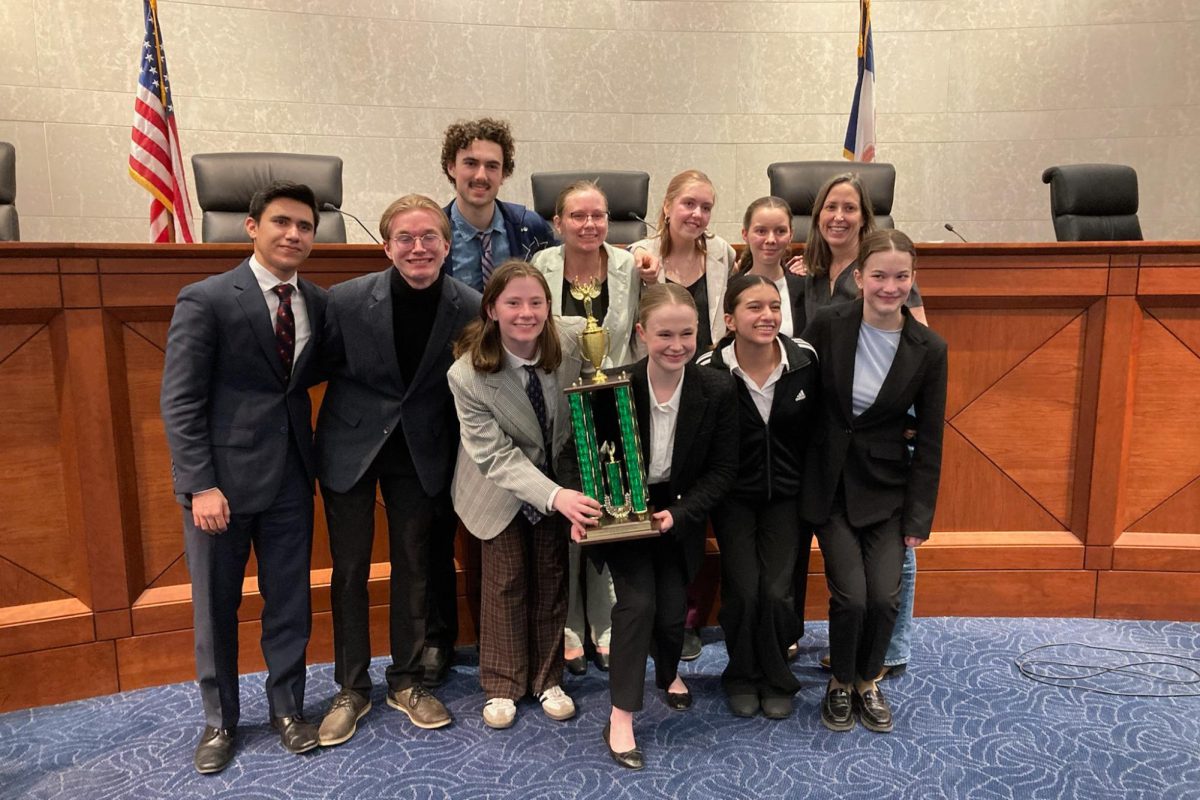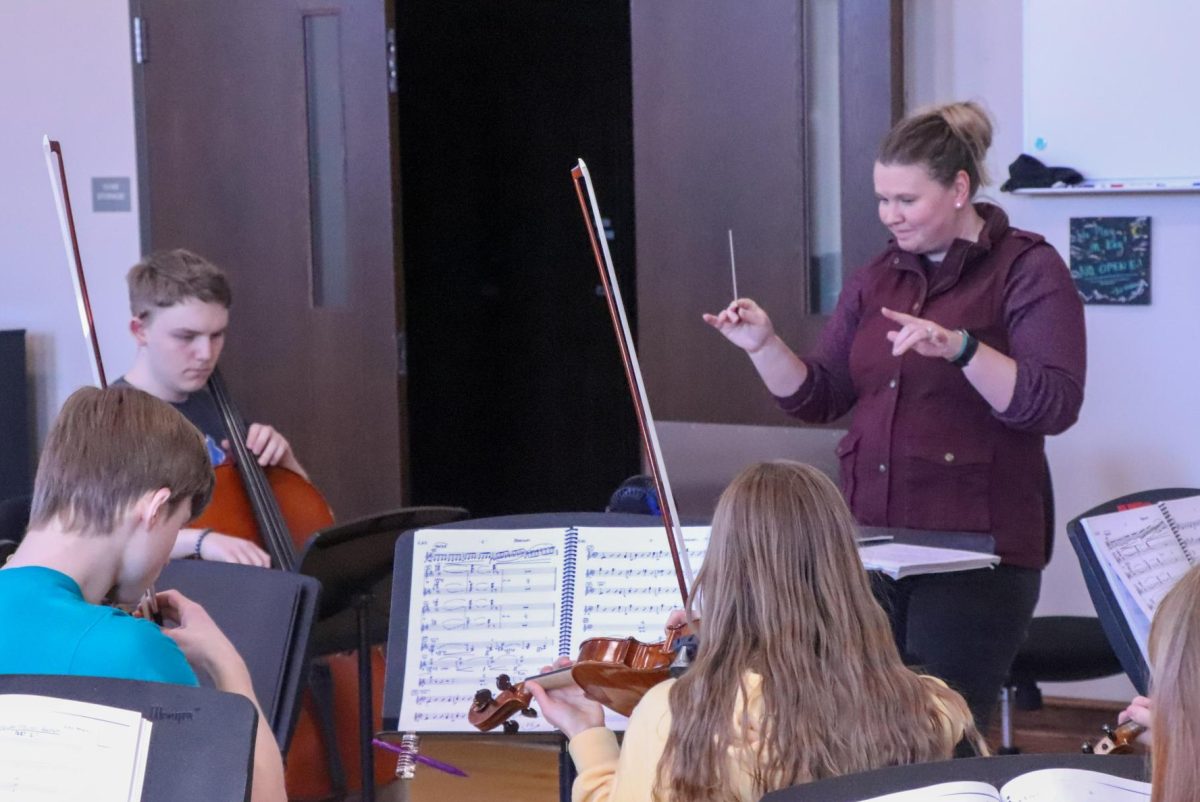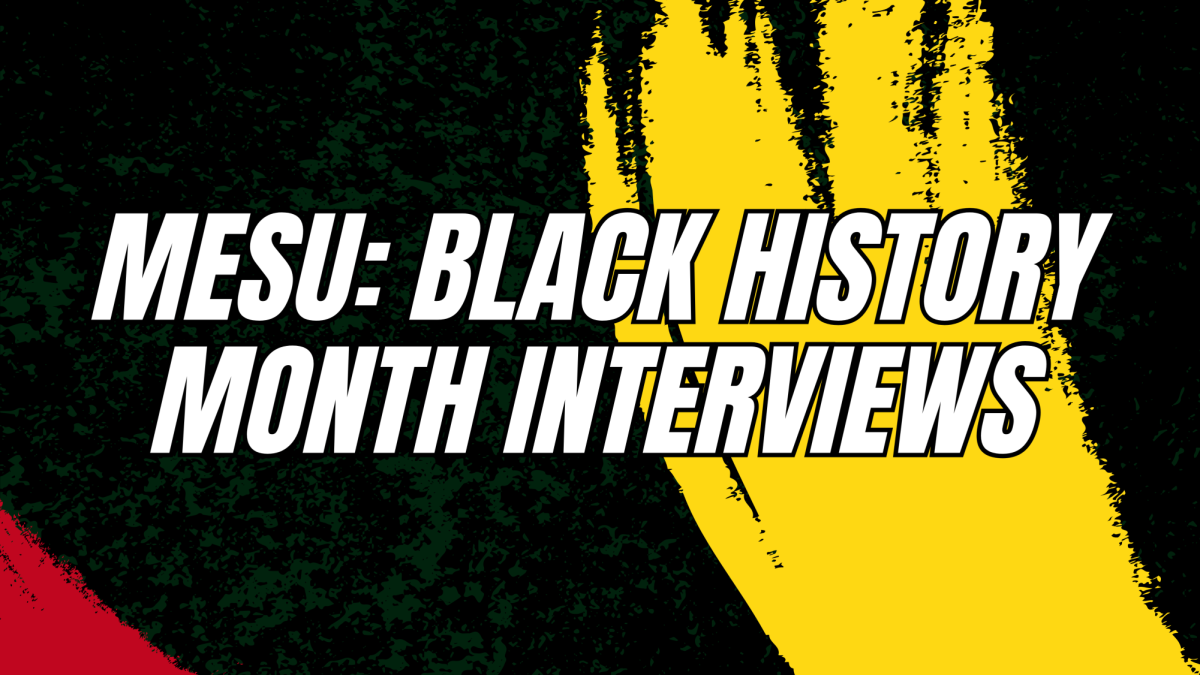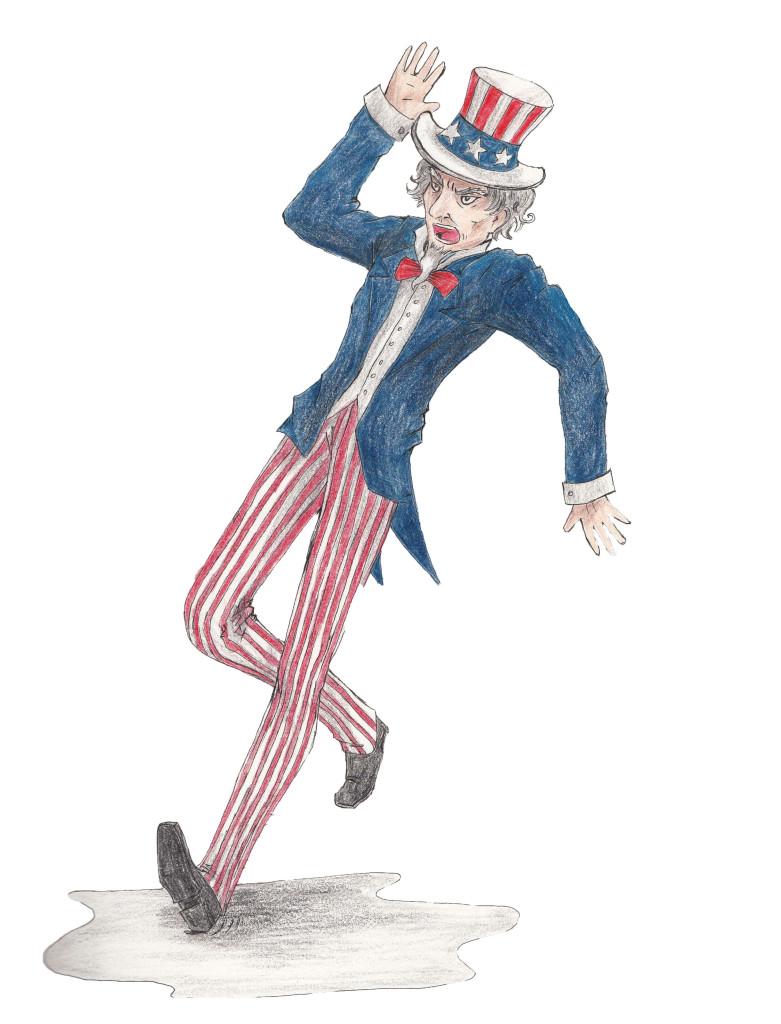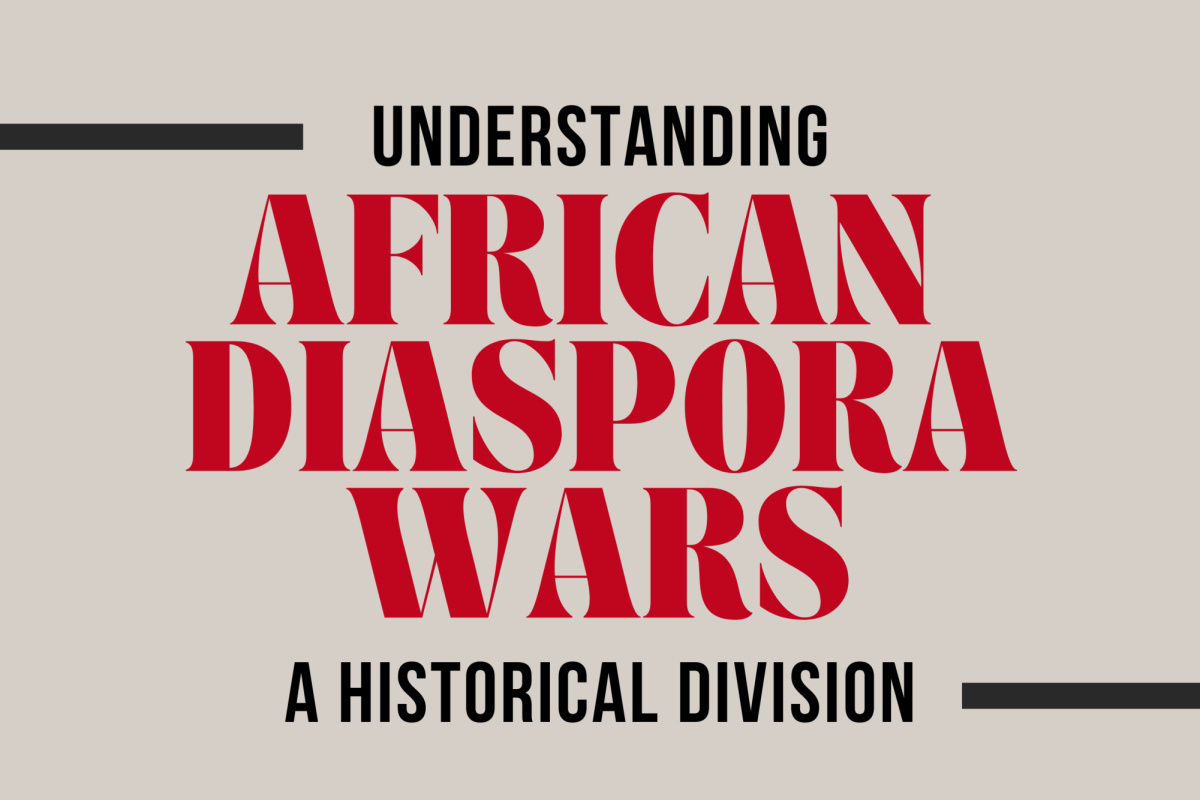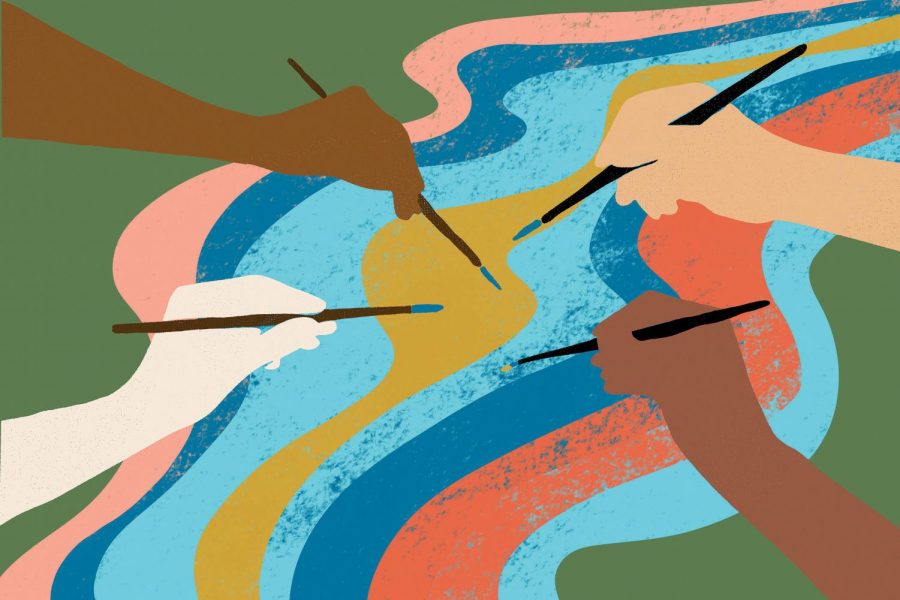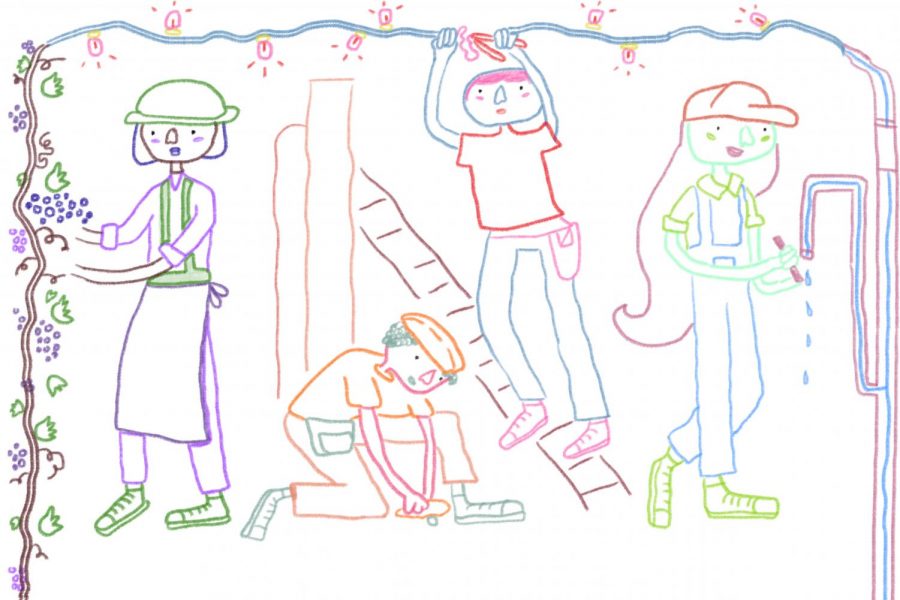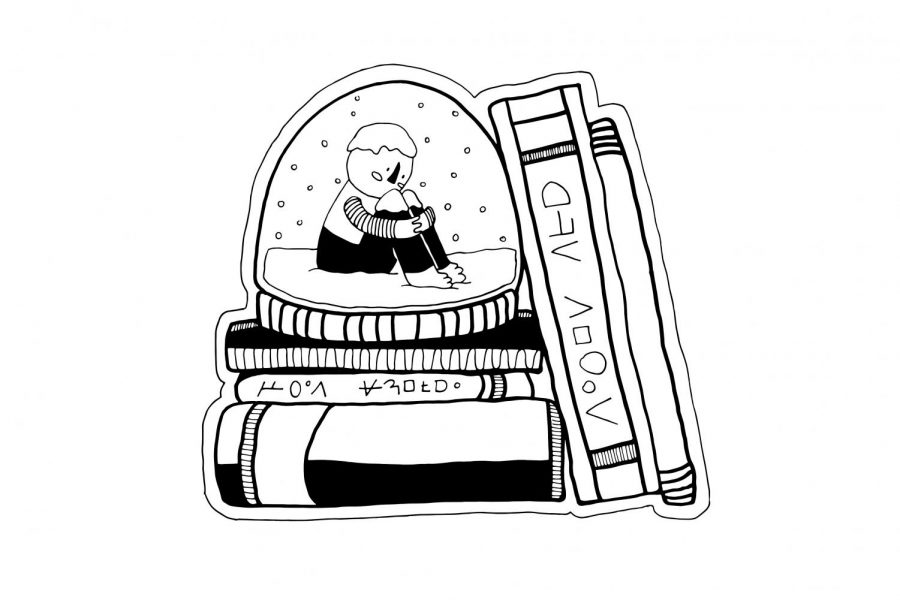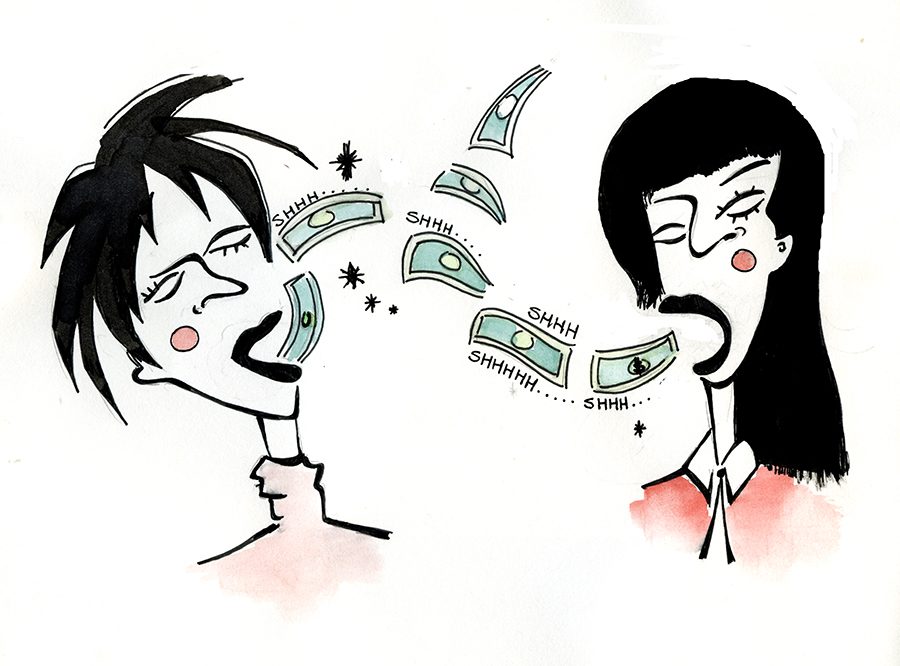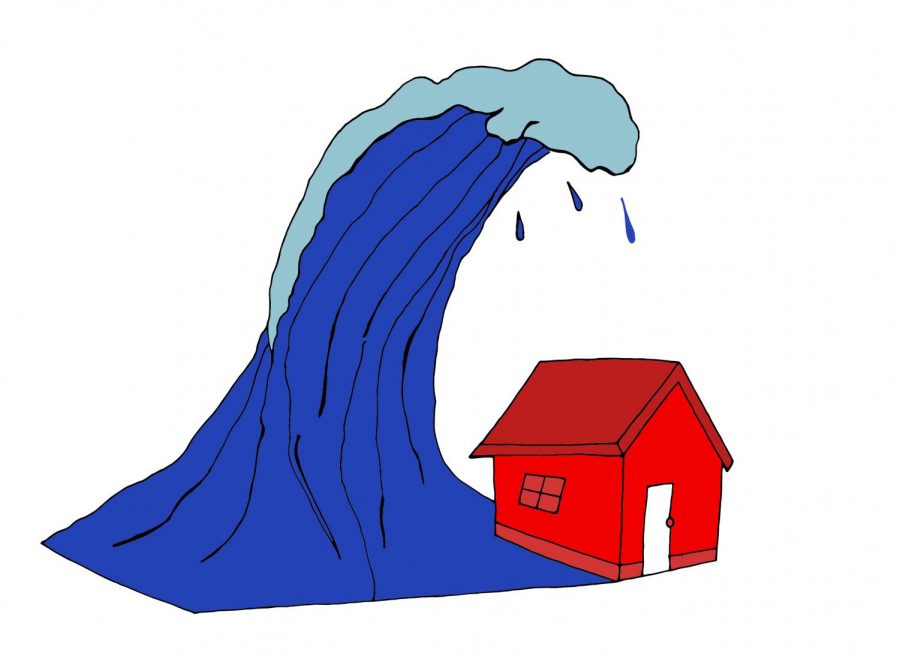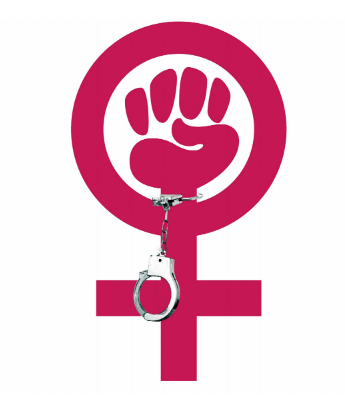For the past five decades or so, the term “isolationism” has become something of a dirty word within the foreign policy community. A combination of entrenched commercial interests, somewhat misplaced ideology, and complacency have worked to ensure that, for better or for worse, America has maintained its dominance over the world. Admittedly, the influence that the United States has exerted has been, by and large, positive.
Despite the (largely deserved) criticism of America’s foreign pol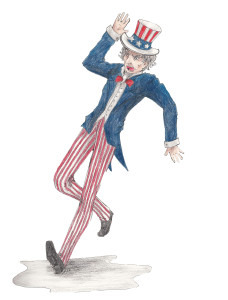
In the past, America, was able to coast along as the de facto leader of the Western world following the Second World War. Since America con trolled the vast majority of the means of production, it was able to create for itself a robust industrial economy, which had several major effects. First, it entailed a spread of American culture across the globe (as countries bought American goods and sought to emulate the American way of life).
Second, it enabled the US to keep a large standing army, and using it to intervene in conflicts and potential conflicts across the globe, in the name of the “greater good” of the American populace and the world. After the collapse of the Soviet Union, this preeminence was used to create a sort of “global community,” breaking down the regional and ideological blocs that had up until then defined international politics in favor of the attempted integration of (quite literally), every sovereign nation into the liberal capitalist fold. Free trade agreements, the expansion of strategic alliances, and a lack of any genuine rivals fostered a culture of interdependence. All of this was done under the watchful eye of the US, which aided in the spread of uninhibited trade and used it’s military prowess to either stop regional violence outright (such as during the Gulf War), or backed UN peacekeeping missions with the same intent. For a while, it seemed as if the Pax Americana would last forever, but it was not to be. Not twenty years after analysts had all but ruled out a decline of the United States’ “new world order” we find ourselves in a mire of instability, and US preeminence seems anything but certain.
The causes of hegemonic decline are numerous and complicated. Most global analysts are saying that we are experiencing a shift to a more “normal” version of how international community functions, and that the US is essentially be coming off a “high” generated by the Second World War. This problem was exacerbated by the intertwining of the political and economic aims of the United States, which led to the involvement of America in numerous lengthy and oftentimes questionably legal foreign adventures, which reduced Americas international standing to the point where we could not influence other nations without the use of excessive cajoling or overt coercion simply no longer exists.
Needless to say, this is disappointing because, as stated before, the intents (if not the outcomes) of most of America’s current foreign policy are by far preferable to the alternative, which at this point would appear to be an utter vacuum of power, with no real replacements ready to step in. There is simply no other entity that is even close to being able to holding together a fragmenting world community and arbitrating the various spats and disputes between nations. Without the US’s guiding hand, the world would, in all likelihood, dissolve into a maelstrom of regional disputes with disastrous consequences for human civilization.
Though as great as American hegemony is, it is unsustainable in its current form. We are confronted by a paradox. On the one hand, continued US leadership is essential to creating a verdant and peaceful world, but on the other, that peace and stability cannot exist in the status quo. There are, however a couple solutions that the staff of the Little Hawk feels should be enacted. The first part of the solution would be to get the global economy on track, and this doesn’t just mean solving the current financial crisis. We need a radical shift to come about in the way that the economy itself functions. We could do this by first straightening out the inconsistencies and double standards that define economics at the international level, as well as bridging the divide between the “first-world” and developing nations. That would mean forcing industrialized nations to abide by the rules of the free trade agreements that they themselves had laid out, as well as a cease to the interference in other countries’ domestic affairs for the sake of the “greater good.” There are other contributing factors, but a fix would essentially boil down to separating out the political and economic aspects of our economy, and making sure that they, in no way, interfere with each other.
After resolving international affairs, the US needs to resolve the internal inconsistencies within our own economy. That would mean making an effort to increase actual wages (which have completely stagnated since the 70’s) and shift away from an economy contingent on the success financial sector, back to an economy based primarily on production. This would need to be accompanied by internal political reform, which would put an end to the incentives for sacrificing long term stability for short term gain that have been built into our political system; this would entail things like stricter term limits for congresspeople, reducing and dispersing the powers of the executive branch, as well as much more strict campaign finance reform. These two over-arching areas of reform would address many of the root causes of failure, and all other reforms and “fixes” to the system as it stands would stem from there.
But what can ordinary Americans do to solve these problems? The answer lies within the question. Ordinary Americans need to cease to be “ordinary,” and instead become extraordinary. The American populace needs to, in the words of Howard Beale, “get mad.” We need to do away with the apathy that has for too long defined politics. This would mean actually holding government officials personally accountable for failure, instead of blaming all of our problems on a faulty system, and it would also mean holding ourselves responsible by educating ourselves about current and past events, and the affect that they have on the way we live our lives today. More importantly, we need to act upon the knowledge that we gain. We need people of every political persuasion in the streets telling elected officials that yes, we are “mad as hell,” and we’re not going to stand for this short sighted governance anymore. That we’re tired of sacrificing our children’s well being for the sake of politics and we simply “are not going to take it anymore.” Then, and only then, will we begin to see real change occur.
Staff Profile

Rito Perez
Reporter
Hemorrhaging Hegemony
September 23, 2011
Leave a Comment
Donate to The Little Hawk
$1800
$5000
Contributed
Our Goal
Your donation will support the student journalists of Iowa City High School. For 2023, we are trying to update our video and photo studio, purchase new cameras and attend journalism conferences.
More to Discover





